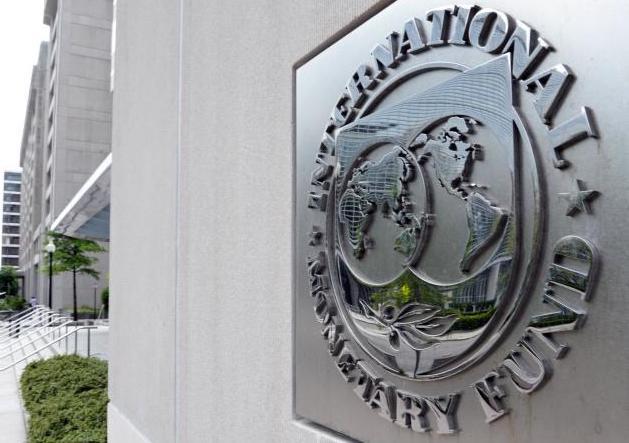IMF warns that pay increase will get Romania deficit to 3.5pct of GDP in 2017

The pay increase passed on Monday by Parliament will determine a growth of Romania's budgetary deficit to rd 3.5pct of the Gross Domestic Product in 2017, way higher than the International Monetary Fund's recommendation of 2pct of the GDP, on Wednesday said IMF resident representative for Romania and Bulgaria Alejandro Hajdenberg.
This will trigger a cut in investment spending or additional taxes, added Hajdenberg quoted by Agepress.
Within the IMF mission of March 2016, and also based on the subsequent updates, he said, IMF reached the conclusion that given the circumstances Romania's deficit will exceed 3pct of the GDP in 2017 - rd 3.2pct of the GDP. After this pay increase, maintaining the deficit at 3pct of the GDP would be harder, Hajdenberg told AGERPRES on Wednesday, adding that the IMF estimates a net impact of the pay increase of 0.3 - 0.4 percentage points of the GDP.
He specified that the IMF has recommended Romania for 2017 a budget deficit not of 3pct of the GDP, but of 2pct of the GDP, so that it could create fiscal buffers and keep the public debt under control.
The IMF official also explained the reasons why a deficit higher than 3pct of the GDP is not good for Romania. He said Romania must keep within the limits imposed by the European Union of 3pct of the GDP; if this level is exceeded, he added, Romania will face an excessive deficit procedure and gets its reputation harmed.
In addition, a higher than 3pct deficit shows that Romania has a pro-cyclical fiscal policy, he said, adding that the Romanian economy is already growing fast, and the relaxation generated by the pay increase will provide additional stimuli to the economy, which is not recommended for now. Moreover, said the IMF official, a VAT cut from 20pct to 19pct comes into force in 2017, along with the repeal of the over-excise duty and tax on special structures included in the Tax Code, which will stimulate more the private consumption.
According to Hajdenberg, the pay increase adds to this fiscal relaxation, which could trigger the resumption of a series of developments noticed in Romania before the crisis that should be avoided.
The IMF official says the pay increase does not resolve the distortions of the public sector's pay system and will also harm the competitiveness of the Romanian companies on foreign markets.
As regards the competitiveness, this could be affected by the fact that the private companies will be pushed to raise salaries in their turn to draw or preserve their employees, tempted by the increased wages in the public sector.
If the wage increase is enacted and the Tax Code measures are enforced, despite the IMF having recommended their being postponed until the economic conditions will allow it, Romania will have but two possibilities: to either increase incomes (which could mean new or higher taxes) or cut expenses, or both in order to maintain the 3pct of the GDP deficit target. Therefore, a part of the pay increase could return to the citizens under additional taxes or investment spending cuts.
He warns that the salary increase has a permanent effect, meaning they should be paid regardless of the economy going well or getting slower.
The IMF acknowledges the need to raise pay in the public sector, but it says the raise should be carried out in a sustainable way, based on a systematic analysis that should consider simultaneously the system's distortions and the available fiscal space.
At a plenary session on Monday, the Chamber of Deputies passed Ordinance No. 20/2016 with amendments brought by the specialty committees which approves salary increases of 15pct on the average for the public education and healthcare staff.






.jpg)